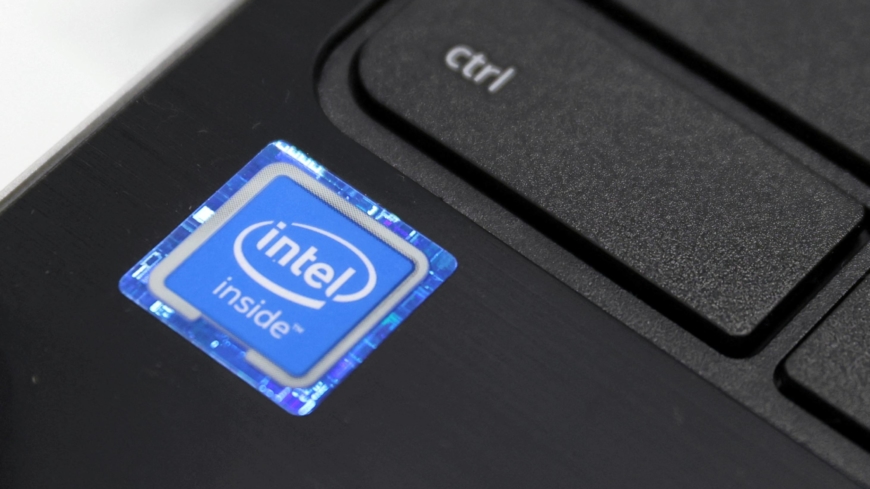Intel apologized Thursday after a letter in which the chipmaker said it would avoid products and labor from Xinjiang set off an outcry on Chinese social media, making it the latest U.S. company caught between the world’s two largest economies.
The chipmaker apologized to its Chinese customers, partners and the public in a Chinese-language statement on Weibo, the popular social media site. The company said the letter, which had been sent to suppliers, was an effort at expressing its compliance with U.S. sanctions against Xinjiang, rather than a political stance.
China has pushed back against accusations of forced labor in Xinjiang, and Intel’s letter made the chipmaker a target of widespread condemnation. “Intel bites the hand that feeds it,” read a headline of one commentary in a nationalist newspaper. A celebrity dropped the brand.
Intel is the latest example of a multinational firm that has found itself in the middle of rising tensions between China and the United States. In this case, Intel has struggled to balance compliance with U.S. sanctions against Xinjiang, where hundreds of thousands of minorities have been interned, and Chinese nationalist sentiment.
For Intel, China is both a major marketplace and a center of operations. In 2020, the company employed more than 10,000 people there and made more than $20 billion in revenue, about one-fourth of its global total.
As China’s government has grown more aggressive in defending itself overseas, it has used domestic state media to guide nationalist anger at some foreign companies. This year, China’s government-controlled media helped fuel a boycott campaign aimed at multinational clothing brands such as Adidas and H&M, which had signaled they would stop using Xinjiang cotton because of evidence of forced labor in the region.
Responding to Intel’s apology, a Chinese foreign ministry spokesperson, Zhao Lijian, again denied there was any forced labor in Xinjiang. “The people in Xinjiang are hardworking and brave. Xinjiang’s products are of high quality. If individual companies choose not to use them, it will be their loss,” he said.
Online, the backlash was big enough to force public figures to take a stance on Intel’s initial letter. Chinese singer Karry Wang, a member of the band TFBoys and an Intel brand ambassador, said Thursday he had terminated his contract with the brand. “National interest exceeds everything,” he wrote on China’s Twitter-like Weibo, explaining his decision.
A New York Times investigation last year revealed that Intel-made chips have powered a supercomputing center in Xinjiang, aiding the Chinese government’s campaign of surveillance against the Muslim minorities in the region. It also found that police in Xinjiang were able to buy surveillance systems that ran on lower-level Intel chips, even though the police were on a U.S. government list that cut their access to U.S. technology. Intel said it was not aware of what it called a misuse of its technology.
© 2021 The New York Times Company
Read more at nytimes.com
In a time of both misinformation and too much information, quality journalism is more crucial than ever.
By subscribing, you can help us get the story right.
SUBSCRIBE NOW


